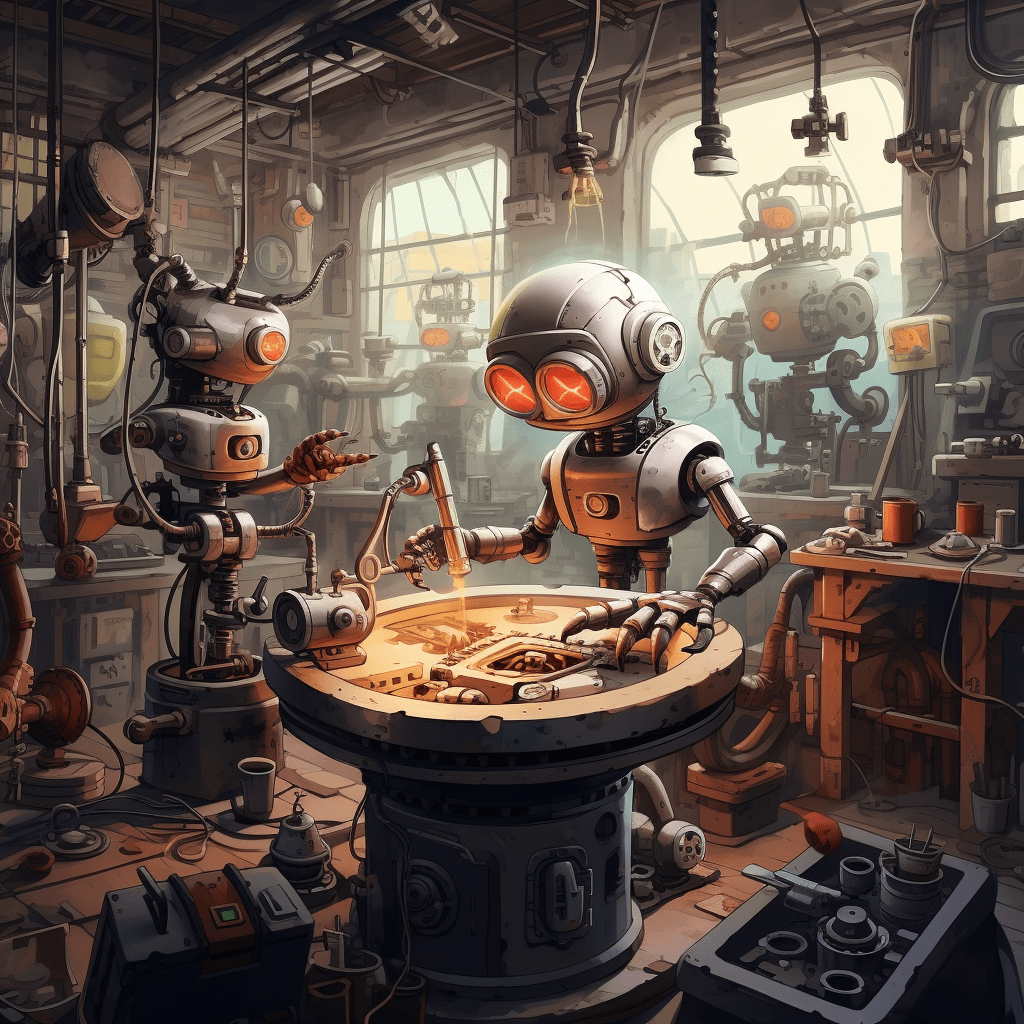During a recent episode of the podcast ‘What Now,’ Microsoft co-founder Bill Gates spoke about the potential impact of technology, specifically artificial intelligence (AI), on the future of work. He shared his opinion that AI will complement their efforts rather than replace human workers, possibly leading to a shorter workweek.
This article will delve deeper into Gates’ perspective and explore how AI changes employment trends and our daily lives.
The Evolution of Work in the Age of AI
Throughout history, technological advancements have significantly impacted the nature of work. Bill Gates compares AI and significant historical events such as the Industrial Revolution and the advent of personal computing. He believes that although AI will bring about transformative changes, it will unlikely eradicate jobs.
Instead, it will necessitate a shift in skills and job roles, similar to the changes witnessed during prior technological revolutions.
The Three-Day Workweek Concept
Bill Gates is renowned for his innovative ideas, and one such idea is the possibility of having a three-day workweek driven by AI and automation. The fundamental basis of this concept is that these technologies could significantly improve efficiency and productivity, reducing the need for long work hours. Gates envisions a world where considerable work is automated, freeing humans to concentrate more on creative and fulfilling pursuits.

Balancing Benefits and Risks
While recognizing the vast potential benefits of AI, Gates does not overlook its possible perils, including the spread of misinformation, the creation of deepfakes, and cybersecurity threats. He advocates for a measured approach to leverage the advantages of AI while minimizing its negative impacts. Achieving this equilibrium is vital to ensure that AI acts as a tool for advancement rather than a source of disruption.
Adapting to the AI Revolution
Adaptation is crucial in the AI era, according to Gates. He underscores the importance of both employers and employees evolving to match the pace of technological progress. This adaptation involves acquiring new competencies and embracing novel working methods. Equally, the educational system must change to equip future generations for an AI-centric world.
The Future of AI: A Balanced View
Gates has a cautiously optimistic stance about the future of AI, acknowledging its potential risks while believing that they can be managed through a thoughtful approach. His balanced viewpoint emphasizes the importance of avoiding the extremes of fear or overzealous optimism regarding AI.
Conclusion
To sum up, Bill Gates offers a diverse outlook on how AI will impact the future of work. He envisions a world where AI not only transforms work methods but also improves the quality of life, possibly resulting in a shorter workweek. However, he cautions against disregarding the difficulties and hazards that accompany this powerful technology.





